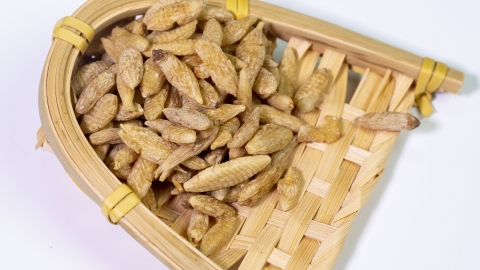Can Gastrodia and Ophiopogon be cooked together in soup?
Generally speaking, gastrodia (Tianma) and dwarf lilyturf root (Maidong) can be used together to prepare soup. However, whether they are suitable for consumption should be determined based on individual constitution and specific symptoms. If any abnormalities occur, prompt medical attention is recommended. Detailed explanations are as follows:

Gastrodia has the effect of soothing the liver, suppressing wind, and relieving headaches and dizziness. It is commonly used to manage discomfort caused by excessive upward movement of liver yang or wind-phlegm rising upward. Dwarf lilyturf root primarily nourishes yin, moistens dryness, generates body fluids, and relieves thirst, making it suitable for symptoms such as dry mouth and throat discomfort caused by yin deficiency. If an individual simultaneously experiences dizziness and vertigo caused by excessive liver yang and symptoms of fire-heat due to yin deficiency, combining gastrodia and dwarf lilyturf root in a soup may produce a synergistic effect, helping to both calm the liver and nourish yin, thereby improving overall condition.
Gastrodia is relatively warm in nature, while dwarf lilyturf root tends to be cold and cool, so there is a certain difference in their medicinal properties. For individuals with cold constitution or weak spleen and stomach, consuming this soup might lead to diarrhea or gastrointestinal discomfort due to its cooling effect. Additionally, if the symptoms are not caused by excessive liver yang or yin deficiency—for example, dizziness caused simply by qi and blood deficiency or other factors—this combination may not address the underlying issue and could potentially disrupt the body's balance.
Pregnant women, infants, and other special populations should avoid consumption to prevent adverse effects such as premature birth or miscarriage.




